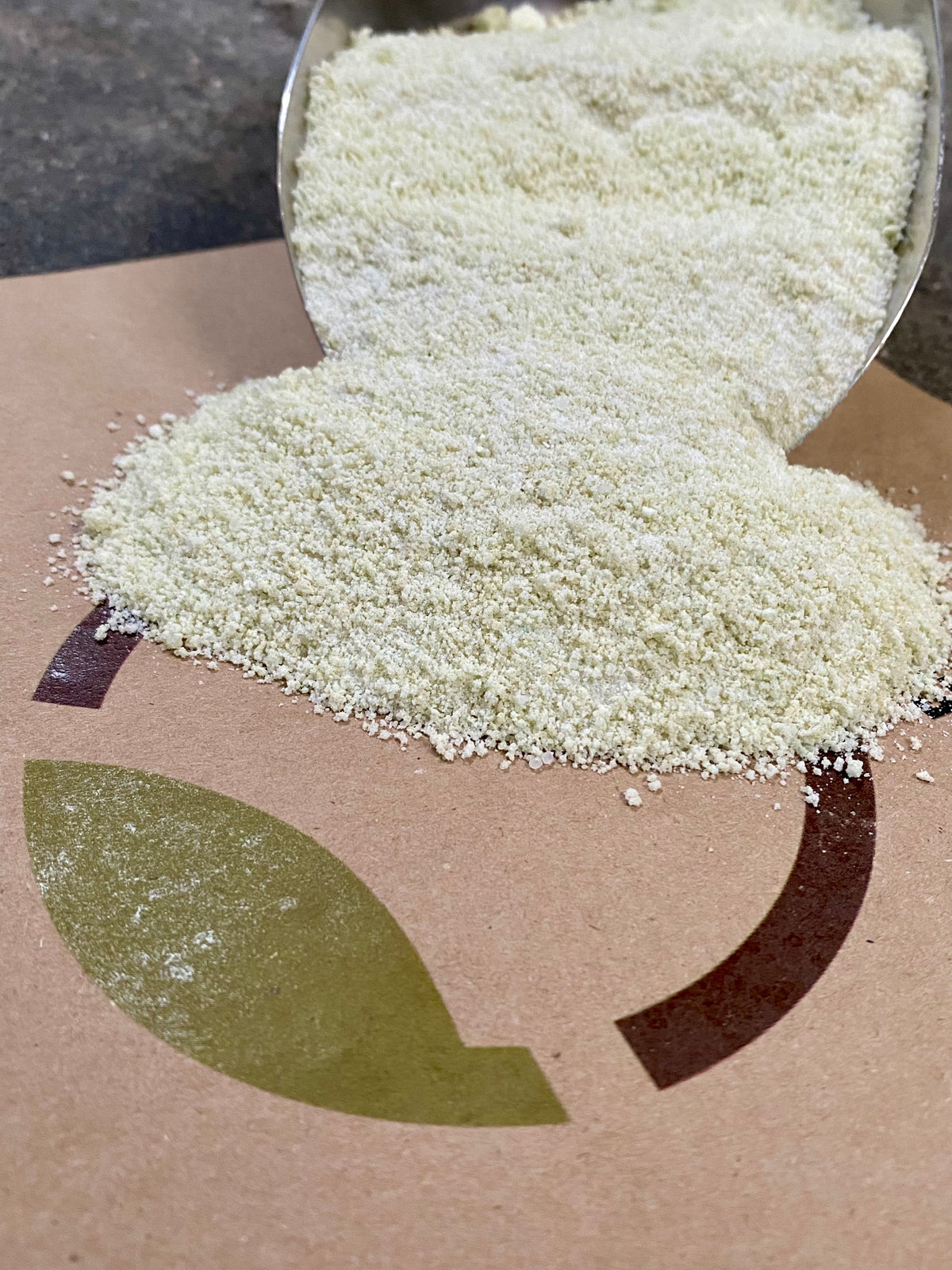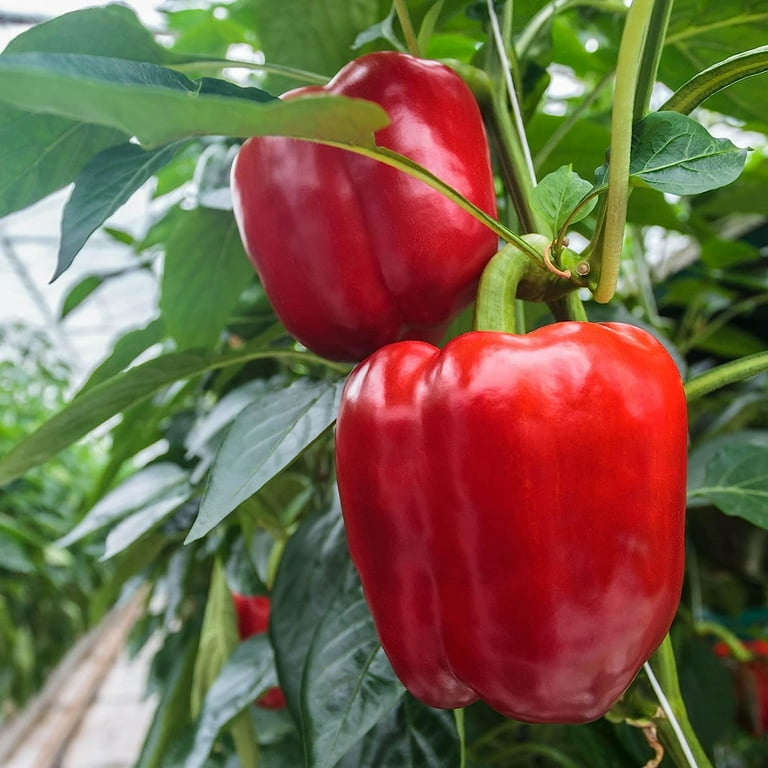Best Fertilizers for Peppers: A Comprehensive Guide to Increase Your Harvest
Best Fertilizers for Peppers: A Comprehensive Guide to Increase Your Harvest
Blog Article
Organic Vs. Synthetic Fertilizers: Which Is Best for Nurturing Healthy And Balanced Pepper Plants?
In the world of supporting healthy and balanced pepper plants, the selection between organic and synthetic plant foods stands as an essential choice with far-ranging ramifications. While both choices aim to provide essential nutrients to support plant growth, the subtleties of their effect on the soil, plant health and wellness, and the environment stimulate an argument that echoes throughout the horticulture neighborhood. Understanding the distinct benefits and possible pitfalls of each plant food kind is important for pepper farmers looking for to maximize their yields while maintaining an eco-conscious and sustainable method.
Benefits of Organic Fertilizers
Organic fertilizers use a sustainable and environmentally-friendly approach to beneficial pepper plants, giving necessary nutrients without using artificial chemicals. These natural plant foods are stemmed from organic sources such as compost, manure, bone dish, and algae, advertising dirt health and biodiversity. Unlike synthetic plant foods, organic alternatives launch nutrients gradually, making sure a steady and well balanced supply for pepper plants to prosper.
One substantial benefit of organic fertilizers is their capability to boost dirt structure and water retention. By boosting soil health and wellness, organic plant foods advertise beneficial microbial task, which aids in nutrient uptake by pepper plants. Furthermore, organic fertilizers reduce the danger of chemical run-off, protecting water sources from pollution and safeguarding the atmosphere.
In addition, organic fertilizers add to long-lasting dirt fertility by advertising the growth of valuable soil organisms. These microorganisms assist break down natural issue, releasing nutrients in a type that is easily accessible to pepper plants. best fertilizers for peppers. By promoting a healthy and balanced dirt environment, natural fertilizers support sustainable pepper growing practices that benefit both plants and the atmosphere
Downsides of Synthetic Fertilizers
Synthetic fertilizers, in contrast to their natural counterparts, present various disadvantages when utilized to nourish pepper plants, affecting both plant health and ecological sustainability. One significant drawback of artificial plant foods is their tendency to seep nutrients from the soil rapidly.
Moreover, the overuse of artificial plant foods can add to water pollution. Excess fertilizers not soaked up by plants can get rid of into water bodies, resulting in eutrophication, where algae blossoms diminish oxygen levels in the water, damaging marine life. Artificial plant foods are commonly derived from non-renewable resources, such as fossil gas, adding to carbon exhausts and environmental degradation during their manufacturing.
Nutrient Absorption Comparison
Effective nutrient absorption plays an essential function in the total health and growth of pepper plants. When comparing natural and artificial plant foods in terms of nutrient absorption, natural plant foods have the benefit of providing a more well balanced and slow-release resource of nutrients (best fertilizers for peppers). Organic fertilizers have a Discover More Here range of macro and trace elements that are not just valuable for the plants yet additionally advertise healthy and balanced dirt microbial task, which assists in nutrient uptake. On the other hand, synthetic plant foods commonly offer a fast launch of nutrients, which can bring about seeping and drainage, resulting in reduced nutrient absorption rates by the plants.
Moreover, organic fertilizers boost dirt structure and water retention capability, allowing pepper plants to access nutrients a lot more successfully. This better dirt quality promotes origin growth, enabling much better nutrient absorption. Synthetic plant foods, although at first boosting plant development because of their high nutrient focus, might impede lasting nutrient absorption by degrading dirt health over time.
Environmental Effect Considerations

On the various other hand, synthetic fertilizers, although often more immediately readily available and concentrated to plants, can have destructive effects on the environment if not used appropriately (best fertilizers for peppers). Their production requires high energy inputs, leading to greenhouse gas emissions and contributing to climate change. Additionally, the runoff of excess artificial fertilizers can contaminate water sources, bring about eutrophication and harming aquatic communities.
Best Fertilizer Practices for Peppers
To achieve this, it is vital to comply see here with best fertilizer practices customized have a peek at this site to the specific requirements of pepper plants. One essential method is to carry out a soil test prior to using any type of fertilizers.
Another essential technique is to fertilize pepper plants at the correct time. Normally, peppers gain from getting fertilizer at planting and after that once more when they start to blossom. Over-fertilizing can bring about nutrient discrepancies and damage the plants, so it is vital to comply with recommended application rates.
Additionally, selecting a well balanced fertilizer with an NPK ratio that suits pepper plants' requirements is fundamental. Ultimately, incorporating synthetic and natural plant foods sensibly can help nurture healthy pepper plants while lessening ecological influence.
Verdict

Organic plant foods provide a lasting and environmentally-friendly approach to beneficial pepper plants, providing important nutrients without the use of synthetic chemicals. Unlike synthetic plant foods, natural options launch nutrients gradually, making certain a balanced and steady supply for pepper plants to grow.
Synthetic fertilizers, in contrast to their natural counterparts, pose various negative aspects when utilized to nourish pepper plants, influencing both plant wellness and ecological sustainability. When comparing organic and artificial fertilizers in terms of nutrient absorption, organic plant foods have the benefit of providing an extra well balanced and slow-release resource of nutrients.Furthermore, natural fertilizers improve soil structure and water retention capability, permitting pepper plants to access nutrients a lot more successfully.
Report this page